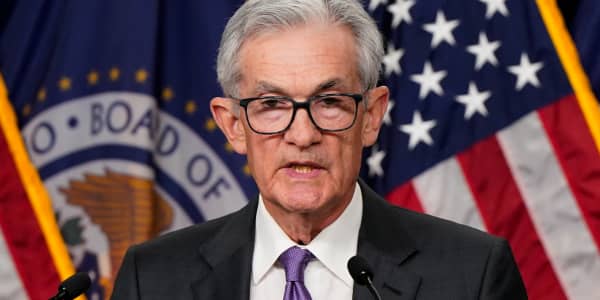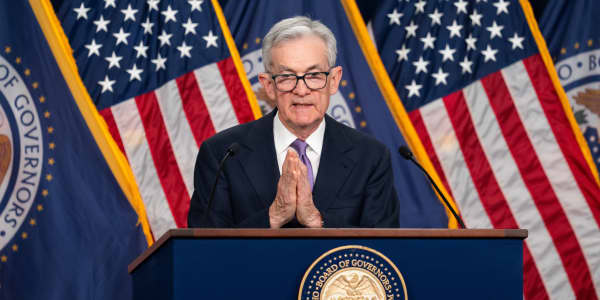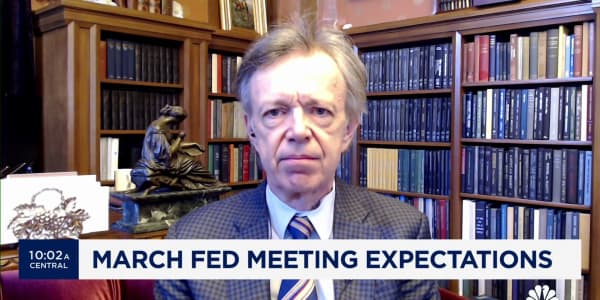Uncertainty surrounding the outcome of the presidential election appears to be rising on Wall Street with the CNBC Fed Survey of 41 respondents suggesting that a victory by the Democratic nominee is less of a sure bet than it was just last month.
The September survey of 41 respondents, including economists, fund managers and strategists, found that just 51 percent think Hillary Clinton will win the election, down sharply from 84 percent in August. However, they still see a victory by the Republican nominee as a long shot.
Just 26 percent believe Donald Trump will win the White House, up from 11 percent. The percentage who don't know or are unsure rose to 23 percent from 5 percent. Less than half of Clinton's losses translated to gains for Trump. More than half went to the "don't knows," underscoring the rising uncertainty.
Following several economic speeches in which he offered more detail on his plans, Trump is now seen as better for the economy by a wider margin than in August. Forty-nine percent say Trump's policies would be best for the economy, up 7 points. Thirty-one percent back Clinton's policies, down 9 points; 21 percent said they don't know or are unsure.
By contrast, Clinton's policies are viewed as better for the stock market, also by a wider margin. 53 percent say the Democrat's polices are best for equities, up from 47 percent in August. Trump's policies are seen as best by just 26 percent, down from 32 percent with 21 percent saying they don't know or are unsure.
One respondent at an investment bank is among those who sees Trump's policies as better for the economy and Clinton's as better for the stock market. He believes Trump's plans to cut corporate tax rates, reduce regulation and strike better trade deals "could rekindle animal spirits in the C-suite and and unlock business investment." This would lead to better jobs, productivity and consumption. But he concedes Trump's "unconventional rhetoric, signals of protectionism and threats of military …engagement are off-putting to market participants who relish certainty."
Because Clinton is a "known quantity … the market knows what to expect … she is a steady voice, more diplomatic and sensitive to the actors on the world stage. The market probably draws some comfort from that."
"The notion of regulatory reform is a positive that may be difficult to quantify but I know limiting the regulatory creep seen in past eight years would be a positive,'' said Thomas Lee, head of research of Fundstrat Global Advisors, explaining why he favors Trump's economic policies. "The stock market is already betting on a Clinton win, so the initial bias is to favor a Clinton outcome."
The respondents believe by 60 percent to 40 percent that the presidential election overall is negative for the economic outlook, nearly reversing last month's results.
That's one reason that the group expects the Fed to remain on hold on interest rates on Wednesday. "The Fed is committed to normalizing policy in an environment that is far from normal. But having waited for years and with the case a close one, they can wait another few months until after the election," wrote John Kattar, an investment specialist with Ardent Asset Advisors.
UPDATED: This story was updated to include comments from Thomas Lee.





